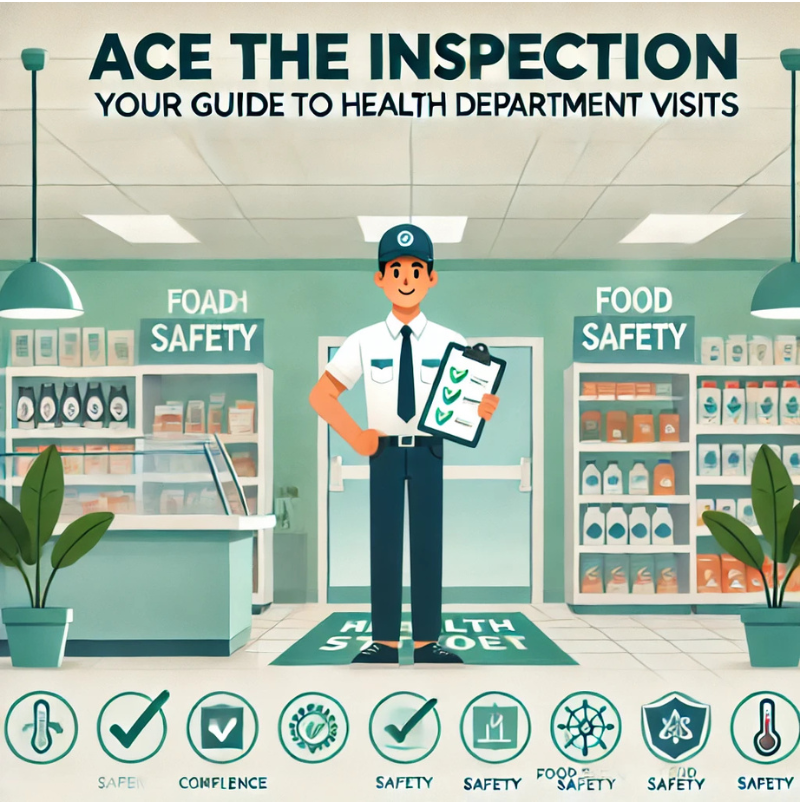Ace the Inspection: Your Guide to Health Department Visits
Learn how to prepare for and confidently handle health department inspections. Discover key focus areas, preparation strategies, and tips for maintaining compliance.

Imagine a health inspector walking through your convenience store's door, clipboard in hand. Do you feel a wave of panic, or are you filled with quiet confidence? Health inspections are a regular occurrence for convenience stores, and understanding the process and being prepared can significantly impact the outcome.
These inspections aren't just about ticking boxes; they play a vital role in safeguarding public health. By ensuring your store meets food safety standards, you're protecting your customers and your business. A failed inspection can bring unwanted consequences like fines, temporary closures, and a tarnished reputation.
So, what exactly are these inspectors looking for? Primarily, they focus on how you handle food. They'll check if you're storing and displaying food at the correct temperatures, taking measures to prevent cross-contamination, and maintaining good staff hygiene.
The overall cleanliness of your store is also under scrutiny. Inspectors will assess the sanitation of food preparation areas, equipment, restrooms, and the entire store environment. Evidence of pests is a major concern, so proper storage practices and a clean environment are absolutely crucial.
Of course, having the correct licensing and permits is a must. Make sure all your paperwork is up-to-date and clearly displayed. Inspectors may even quiz your staff on food safety practices to assess their understanding.
Now, how can you prepare for these inspections? The best approach is proactive. Don't wait for the inspector to identify problems. Instead, conduct routine self-inspections, using your local health department's guidelines as a checklist. Make staff training a priority, ensuring everyone understands and adheres to food safety procedures.
Maintaining thorough records is also important. Keep detailed logs of food temperatures, cleaning schedules, and any pest control measures you've taken. Addressing issues as soon as they arise, rather than letting them fester, is another way to stay ahead of the game.
When the inspector arrives, remember to be professional and cooperative. Answer their questions honestly and provide any requested documentation. Take notes on any violations or areas for improvement they point out, and don't hesitate to ask for clarification if anything is unclear.
Once the inspection is complete, carefully review the report and understand any violations noted. Develop a clear plan to address these violations and implement measures to prevent them from recurring. If required, schedule a re-inspection to demonstrate that you've taken corrective action.
Ultimately, health inspections shouldn't be a source of dread. Instead, view them as opportunities to continuously improve your store's operations and reinforce your commitment to food safety. By taking a proactive approach and understanding the regulations, you can make inspections a routine part of your business, ensuring a safe and successful operation. So, are you ready to welcome your next health inspection with confidence?